Executive Committee Elections 2022
The Platelet Society is holding elections for 1 early career representative and 2 ordinary members to serve on the Executive Committee. Members of the Society will receive an email with details on how to vote for nominees.
More information about each of the Early Career and Ordinary Member nominees can be found below.
Early Career Representative Nominees
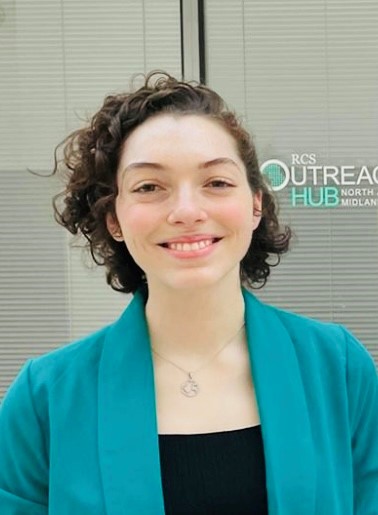
My name is Maria Blanco. I am a PhD student at Manchester Metropolitan University (MMU) and I would like to nominate myself for the Early Career Researcher position on the Platelet Society Committee.
I am originally from Galicia, Spain, where I graduated with a Master of Pharmacy. During my degree, I undertook a research project in the Platelet Proteomics Group under the supervision of Ángel García. My research was focused on the development of a novel biochemical drug-response assay to test potential inhibitors for the platelet GPVI receptor.
In January 2021, I started a PhD at the MMU Thrombosis Group under the supervision of Sarah Jones and Amanda Unsworth. I am investigating the potential use of SIRT1 activators as a novel antiplatelet therapy for cardiovascular disease.
Apart from working on my PhD project, I am an ECR member of the Athena Swan committee at MMU. I also enjoy taking part in science outreach events and social media science communication on Twitter and TikTok. After having a great time attending my first platelet society meeting in Hull, I would love to contribute to the development of new ways to involve and support other Platelet Society ECR members by joining the committee.
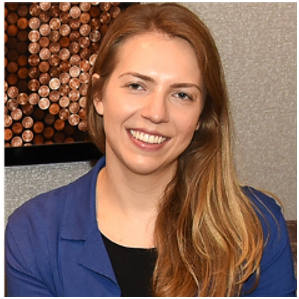
My name is Julia and I am a Mautner BHF Career Development Fellow in Cardiovascular Science at the Leeds Institute of Cardiovascular and Metabolic Medicine (LICAMM), based at the University of Leeds. My research is currently focused on how the interaction of platelets with fibrin contributes to a pro-thrombotic blood clot phenotype and how modulating this interaction may have therapeutic benefits for patients with diabetes and cardiovascular disease. I joined the Platelet Society in 2020 and have since become a member of the society’s Education and Outreach working group and have also been involved in the organization of the 3rd Platelet Society Early Career Meeting (Hull, April 2022).
Throughout my research career I have contributed to departmental activities, including being part of the organizational team for Institute-wide research impact conferences, being PhD representative for the duration of my PhD research project, and post-doctoral representative in my department. Furthermore, as part of the LICAMM’s Commercial Partnerships and Impact action group I also helped to co-ordinate a funding call for ECR staff and students. I am a very approachable individual and I enjoy working in a team. In addition, my multi-disciplinary and multi-cultural background enables me to engage with people from different cultural/academic backgrounds and be considerate of different circumstances. I would be delighted to be a part of the committee and help with the further development of the society.
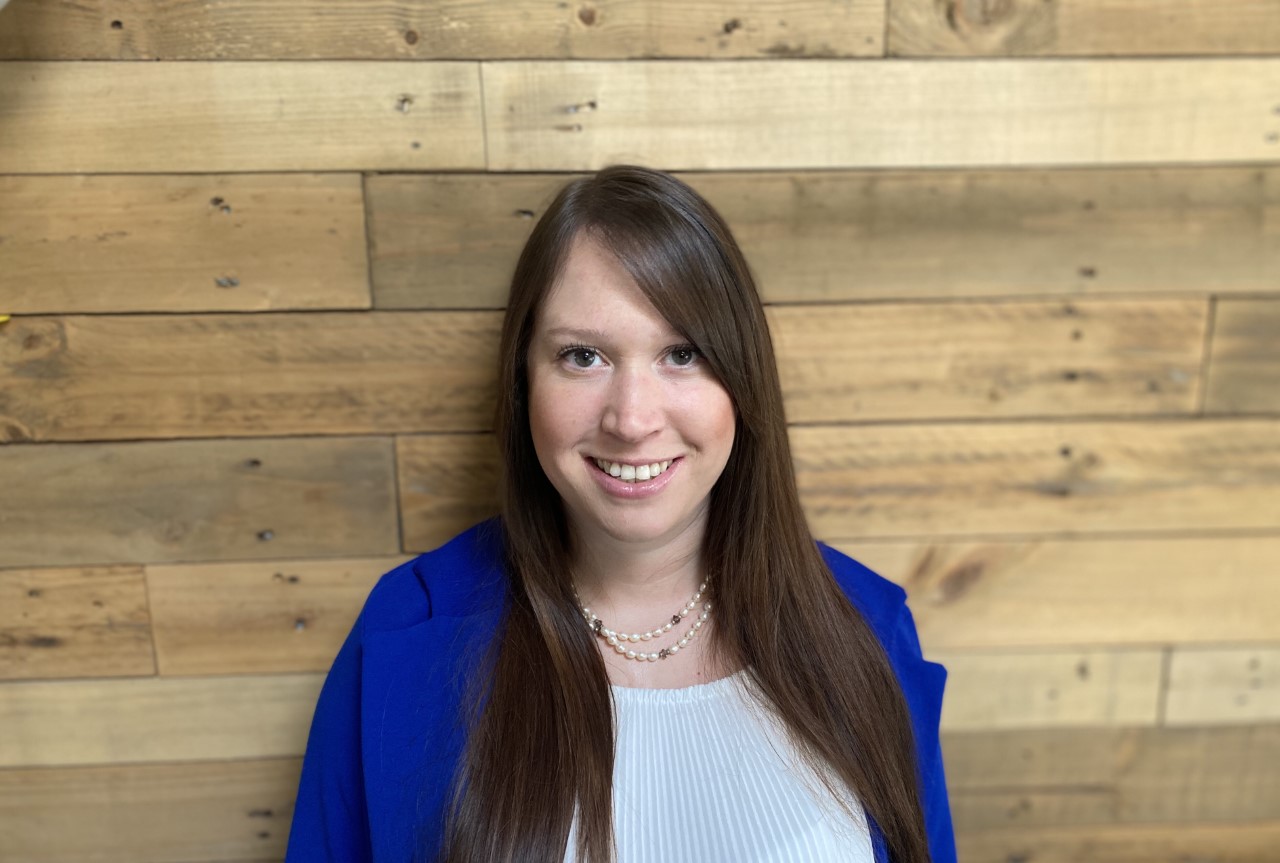
My name is Dr Joanne Mitchell and I would like to nominate myself for the Platelet Society role of ECR committee member. I am currently employed as a postdoctoral research fellow at the University of Birmingham. I have been an ECR for 10 years where I started my PhD in platelets in fibrinolysis in 2012 at the University of Aberdeen in the lab of Dr Nikki Mutch. I then moved to the University of Reading where I stayed for 5 years working on the rate of platelet activation in Dr Chris Jones’ group and then for Dr Jon Gibbins where I worked on platelets in Multiple Myeloma. My current post-doctoral position is at University of Birmingham with Dr Neena Kalia studying the effect of dual antiplatelet agents on the coronary microvasculature following myocardial infarction.
I am keen to take on the role of ‘ECR committee member’ in the Platelet Society. I have been a member of the society since it began, and I have enjoyed attending and presenting at the meetings over the years. I have been on the organising committee for the 2022 UK Platelet ECR Meeting in Hull this year which I have thoroughly enjoyed organising, a process which I have found really rewarding. I would be really exited to join the committee and continue organising events and initiatives for ECRs to join in on, as well as contributing to committee meetings and acting as a voice for ECR members. I have so many ideas for how ECRs can be better supported within the Platelet Society and how they can come together to strengthen their skills. I would also like to help ECR researchers in areas where I have struggled and still struggle in my career and this role would be a really rewarding way of achieving this.
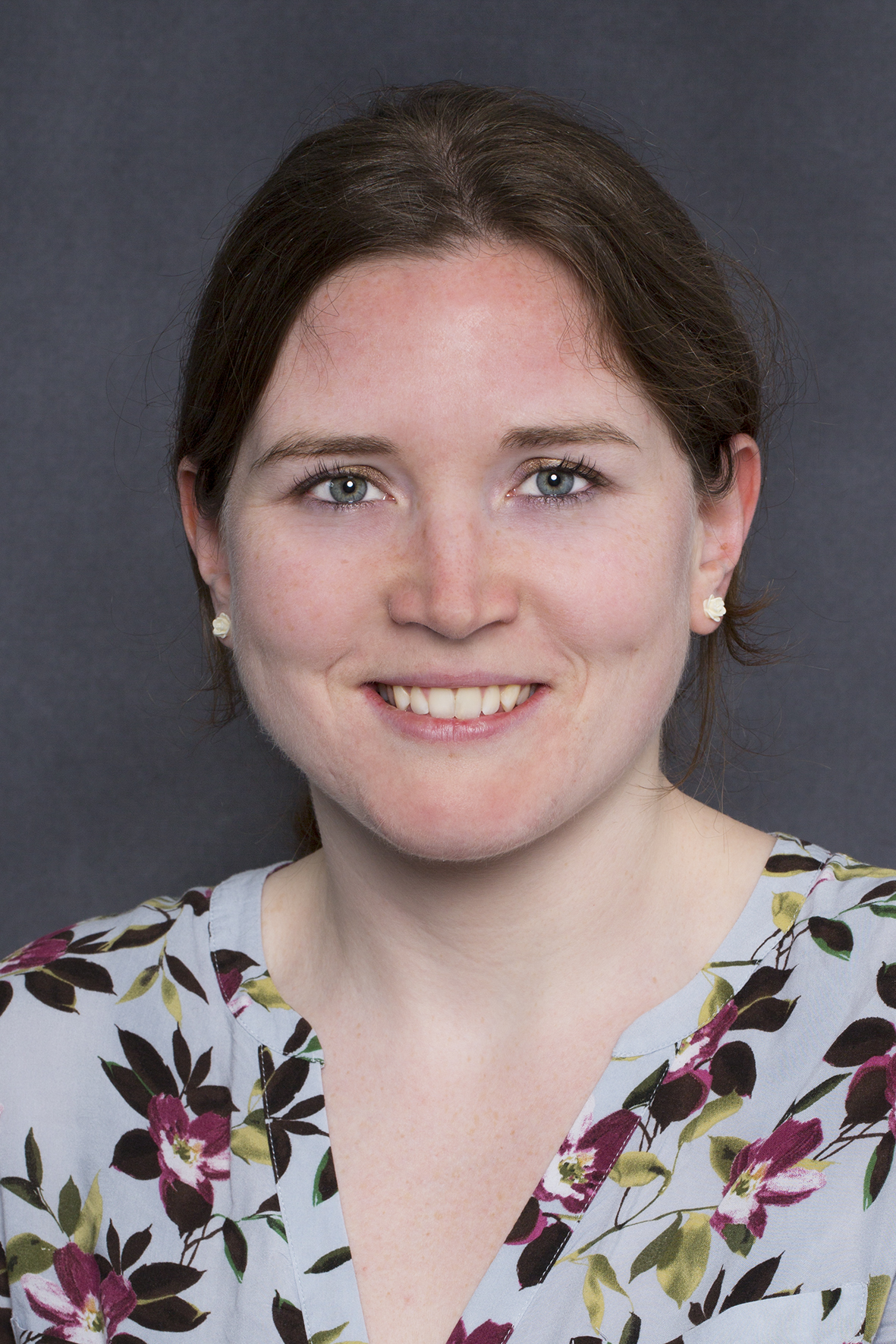
I am an early career postdoctoral researcher currently working at the University of Birmingham. I have nearly 10 years of experience in platelet biology, particularly focusing on platelet function in patient diseases and inflammation. I completed a 4-year PhD at the University of Birmingham in 2016 with Professor Steve Watson, before moving to my first postdoctoral position with Professor Elizabeth Gardiner at the John Curtin School of Medical Research at the Australian National University (ANU) in Canberra. After 3 years of research in Australia, I moved back to the UK and started another postdoc position in Birmingham. In the last year I have been working with haematologists at Birmingham hospitals to study patients that presented with rare blood clots after having the COVID-19 AstraZeneca vaccines (a syndrome known as vaccine-induced immune thrombocytopenia and thrombosis: VITT). I have many keen interests in platelet function defects in pathology with a focus on translational research angles.
During my 3 years at the ANU, I have worked with a range of early career postdocs, postgraduate and undergraduate students researching haematology, genetics and immunology. I often was involved in organising and participating in early career events put on through the school. I also participated in some mentoring schemes, both as a mentee and also a mentor for undergraduate and postgraduate students. Since returning to the UK in 2020 I joined the platelet society early career working group and am looking forward to continuing with this role in the next year. We have made many successes in the working group, including the development of social media engagement (such as setting-up a Platelet Society Instagram account with Carly Kempster and Beth Webb) and generation of the Platelet Society Podcast, “Probably Platelets” with Beth Webb and Daniel Hodge, which I helped contributed to.
I have various research experiences that I hope I can share with/give guidance to other early career researchers, including how to move abroad and working in different labs (UK, Australia, the Netherlands and France). During my time as a postdoc I have been lucky to obtain a number of travel/small research grants and publications, but also act as reviewer for a range of journals. I collaborate with a number of clinicians and have experience in dealing with patient samples. All of these experiences I hope to share with other ECRs to potentially help them going forwards.
After working with Carly and Kirk the last year or so in the ECR working group, I am hoping to continue help support other ECRs in the enthusiastic ways they have. I hope I can share my own ECR experiences and help organise other ECR events. I am interested in helping to organise seminars/ career help tools for new platelet researchers and promoting the good work of the platelet society to other members and the wider public. Overall, I mainly want to give back to the platelet society/community, as they have supported me throughout my early career so far.
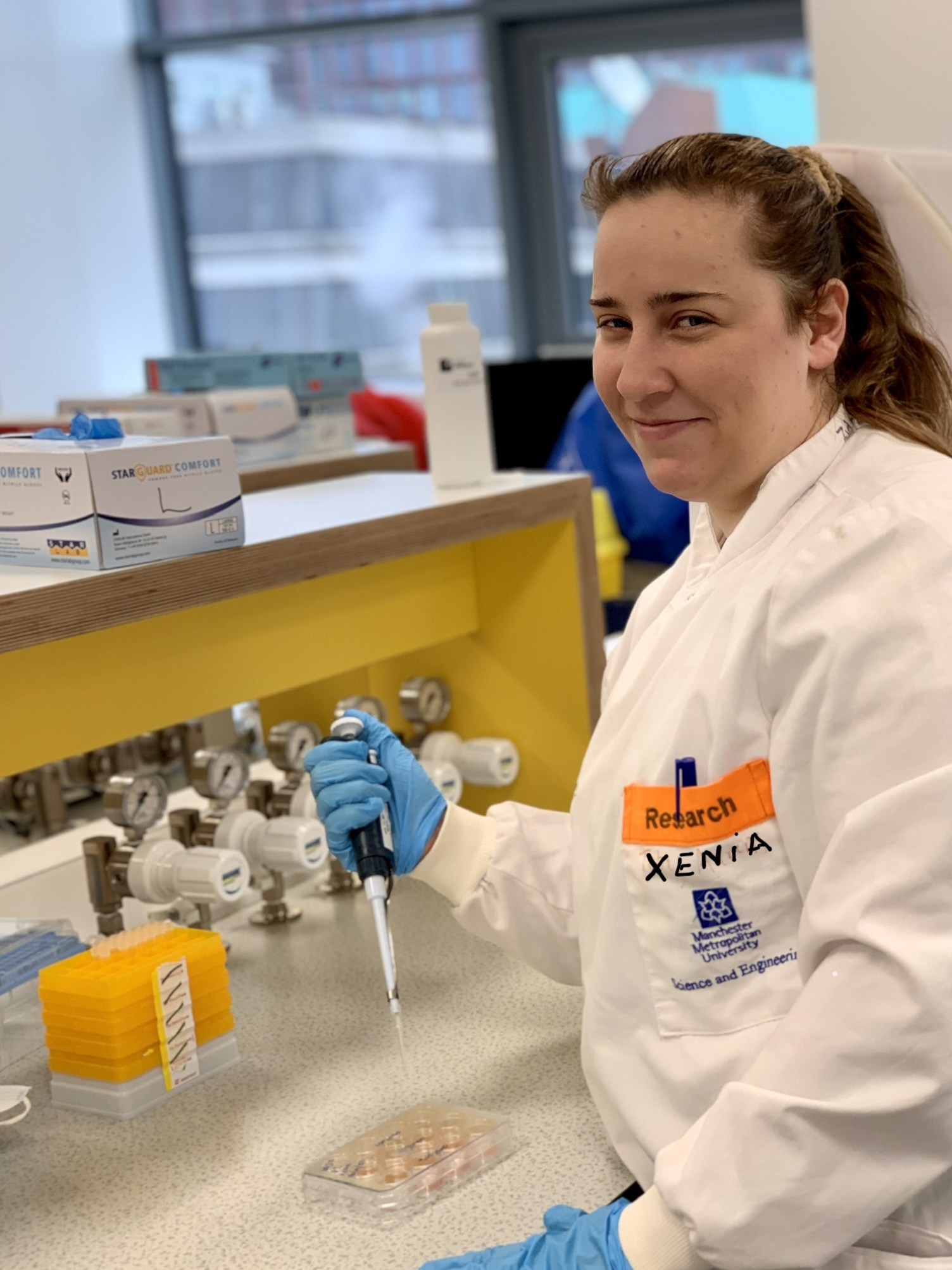
I am new PDRA at MMU and have teamed up with Amanda Unsworth, Sarah Jones and Virginia Hawkins. My current research is looking into establishing a 3D in vitro stoke reperfusion injury model which can test therapeutic targets. My back ground is neuroinflammation and have diversified to incorporated platelet and thrombosis. I currently help to run the MMU neuroscience Twitter page at MMU. I am new to the society and field of platelets. I feel like I could bring a lot to the society as a ECR.
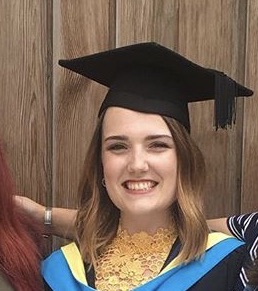
I’m a final year PhD student about to start my first post-doc position this summer. I’m passionate about science communication and outreach, particularly for the platelet society. I’m already part of the early career working group, co-hosting the ‘probably platelets’ podcast, as well as helping with social media and would like to take my role within the society further by representing ECRs within the society. I’d like to use social media, outreach activities and our website to encourage new ECRs to join the society as well as taking part in the mentoring scheme.
Ordinary Member Nominees
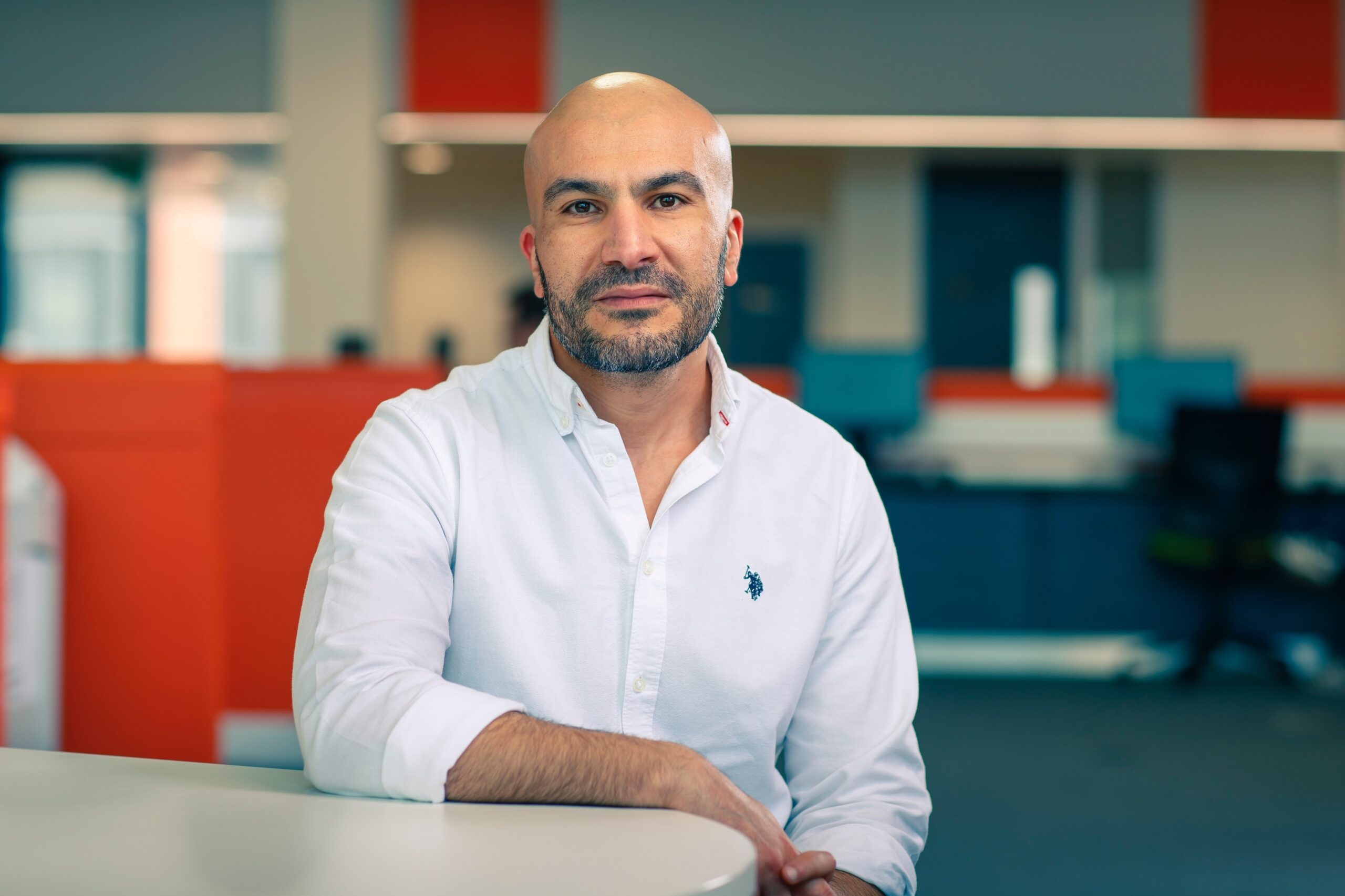
Dr Ahmed Aburima is a non-clinical Lecturer in Cardiovascular Science at the Hull York Medical School (HYMS) and is a member of the Hull Platelet Research Group at HYMS, which hosts another 3 basic science academics and 2 clinical research academics.
Ahmed has over 14 years of research experience (including PhD) in platelet biology in health and disease. He obtained his BSc in Veterinary Medicine from Al-Fateh University in 2002 in Libya and his MSc in Biochemistry from The University of Bradford in 2005 and completed his PhD in the laboratory of Professor Khalid Naseem at HYMS in 2011. He remained at HYMS as a PDRA where his research focused on the regulation of platelets by cyclic nucleotide signaling in mice and humans. Dr Aburima was retained at HYMS as an Independent Research Fellow and soon promoted to Lecturer in 2021.
Dr Aburima holds two British Heart Foundation awards as a PI to unlock the precise mechanisms by which platelets regulate haemostasis and modulate the immune response. In these areas his laboratory has established links with Cardiff University, Harvard University, and the Max-Planck Institute of Biophysics.
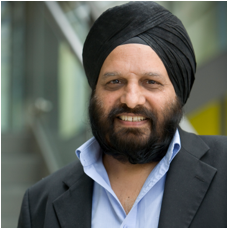
I have been involved with platelet studies since 1981 working on many aspects of platelet biology. The predominate focus has been on Ca2+ signalling proteins with important work on inositol-1,4,5-trisphosphate (IP3) receptors, TRPC channels and phosphoinositide function. My work established important procedures for the isolation of intracellular organelles and pure platelet intracellular and plasma membranes. In collaborative work my work has highlighted the function of the small G protein Rab27a and b. I am currently working on second messenger control of Rap1 and Rasa3 in platelets.
I have co-organised two major international meetings including the 9th UK-1st Netherlands Platelet meeting in 2007 and Mechanisms of Platelet Activation and Control in 1992 in addition to contributing to other international meetings. I have marketed 9 monoclonal antibodies to platelet proteins with commercial companies and have been involved with raising funds for the British Heart Foundation via charity runs and advertising campaigns.
I have held Lecturer and Senior Lecturer positions at the Thrombosis Research Institute in London and King’s College London. Currently I am a Senior Research Fellow and Honorary Senior Lecturer at King’s College London.
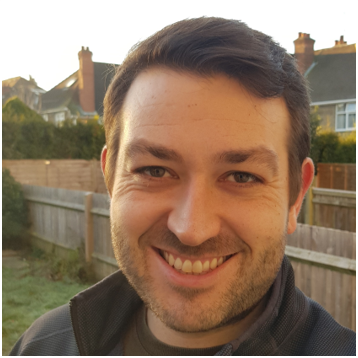
Dr Alex Bye is a Rosetrees Trust Translational Research Fellow at St George’s, University of London. He worked in industry for a few years before completing his PhD with Professor Martyn Mahaut-Smith at the University of Leicester where he developed advanced microscopy techniques to study the spatial and temporal properties of signalling in megakaryocytes. He joined Professor Jonathan Gibbins’ group in 2014 to study variation in platelet function in health and disease. His current research aims to understand how differences and platelet reactivity and changes in clotting factors interact with the risk of thromboembolic stroke and myocardial infarction associated with atrial fibrillation.

I am a senior lecturer in Biological Sciences at Sheffield Hallam University. My current research focusses on host-pathogen interactions with an emphasis on how periodontal pathogens interact with oral epithelial cells, endothelial cells, and platelets and how these can potentially contribute to or aggravate systemic disease including atherosclerosis. I graduated with a BSc (Hons) in Pharmacology from the University of Sheffield before completing a MRes in Biomolecular Science at the University of York. I then joined Prof. Willem Ouwehand’s research group (University of Cambridge) first as a research assistant before enrolling for a PhD focussing on the ‘Generation of recombinant integrin fragments for the use as antigens in the diagnosis of neonatal alloimmune thrombocytopenia’- this was the start of my interest in platelet research. After my PhD, I worked at Medimmune (now part of AstraZeneca) as a research scientist on ‘Using phage display technology for the discovery of potential therapeutic antibodies.’ I then returned to academia as a post-doctoral research associate at the University of Sheffield to work on periodontal pathogens. This is where my interest in how pathogens can contribute to systemic diseases develop, and which led to my current area of research where pathogens meet cells and platelets.
In addition to research and supervising PhD students, I teach at all levels (first years to MScs/MRes), and I am the Departmental EDI (Equality, Diversity and Inclusivity) lead. I am keen to stimulate interest in science and encourage better understanding through Outreach events both within school and to the wider-public. Outside the university, I am a member of two advisory groups the ECL-Bio (Early Career Lecturers in Bioscience) and the Bioscience Awarding Gap (GAP) Network- both reporting to the Heads of University Biosciences (a special interest group of the Royal Society of Biology).
I would like to be involved in the Platelet Society Committee as I have seen the positive way in which the Society has developed over the years. I attended my first meeting as a PhD student and then re-joined as an academic several years later! The breadth of areas the society focusses on-from fund raising to student training with the summer school, research, and outreach activities- is impressive and of importance. The small and focus meetings provide a platform which allows students/ECRs to present their research and create opportunities for researchers at all levels (students to PIs) to interact and network. I believe that my academic/research background combined with other experiences will help me make a useful contribution to the society.
